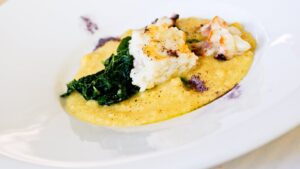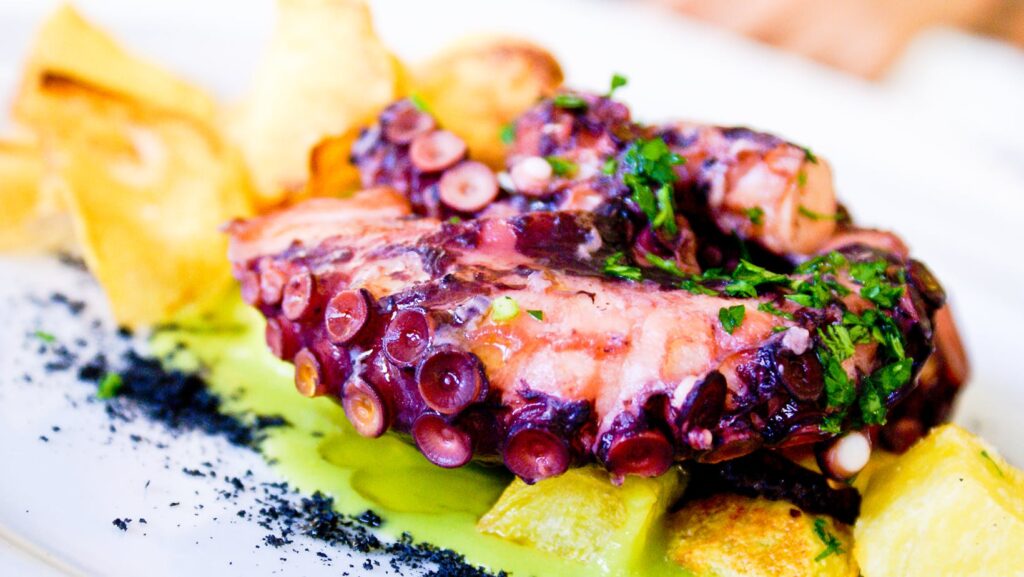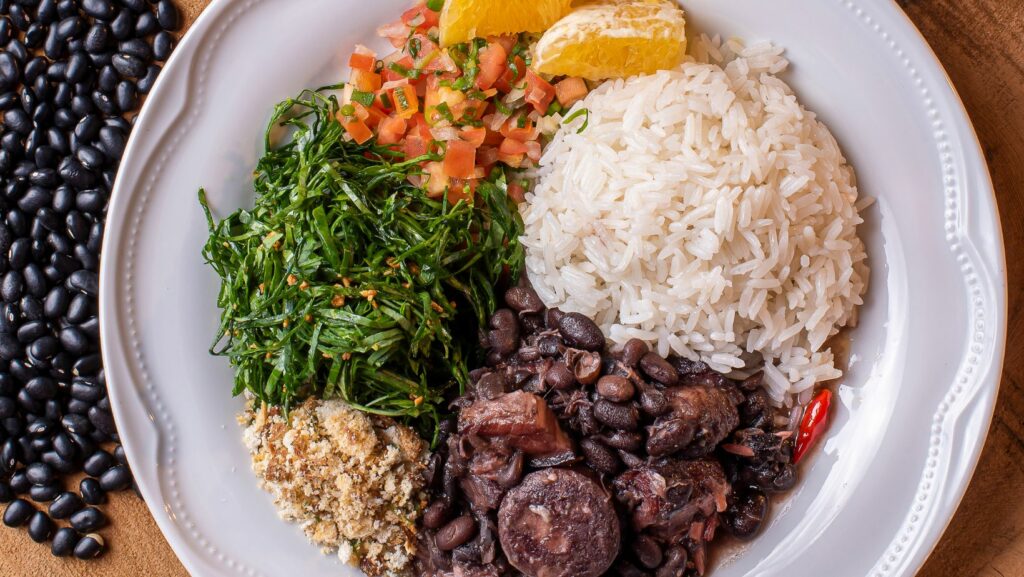Exploring Portugal’s rich food culture unveils a culinary journey that intertwines tradition, innovation, and a deep-rooted passion for flavors. From the bustling markets of Lisbon to the quaint villages of the Algarve, Portuguese cuisine reflects a tapestry of influences shaped by centuries of history and exploration. The country’s coastal location infuses seafood into many signature dishes, while hearty stews and savory pastries showcase the diversity of regional specialties.
Portugal Food Culture
Portuguese cuisine embodies a rich tapestry of traditional dishes that reflect the country’s history and regional diversity. From the coastal delights of bacalhau (salted codfish) to the hearty cozido à portuguesa (Meat Stew), each dish tells a story of Portugal’s culinary heritage. The use of simple yet flavorful ingredients like olive oil, garlic, and piri piri chili peppers characterizes the essence of Portuguese cooking.

The historical influences and geographical features of Portugal have significantly shaped its gastronomy. Centuries of maritime exploration introduced ingredients like tomatoes, potatoes, and chili peppers to Portuguese cuisine, enriching its flavor profile. The country’s diverse landscapes, from the fertile plains of Alentejo to the seafood-rich coastlines of Algarve, play a pivotal role in determining the ingredients available in different regions.
Key Ingredients in Portuguese Cuisine
Exploring the culinary landscape of Portugal reveals a rich tapestry of flavors and traditions deeply rooted in the country’s history. The key ingredients in Portuguese cuisine play a vital role in shaping the distinctive taste profiles that characterize the dishes enjoyed by locals and visitors alike.
Seafood: The Heart of Portuguese Dishes

Seafood holds a special place in Portuguese gastronomy, with the country’s extensive coastline offering an abundance of fresh and flavorful options. From succulent sardines to delectable cod, seafood features prominently in traditional Portuguese recipes. Grilled sardines, a popular dish during the festival of St. Anthony in Lisbon, showcase the simplicity and exquisite taste that define Portuguese seafood preparations. The iconic bacalhau, or salted codfish, reflects centuries-old culinary traditions and remains a staple in Portuguese households.
Spices and Herbs: Flavoring the Portuguese Way
Spices and herbs play a crucial role in enhancing the flavors of Portuguese cuisine, adding depth and complexity to dishes. The use of spices like cinnamon, cumin, and piri-piri (African bird’s eye chili) infuse Portuguese dishes with a unique blend of aromas and tastes. Herbs such as coriander, parsley, and mint provide freshness and vibrancy to savory and sweet recipes. One of the most famous spice blends in Portuguese cooking is piri-piri sauce, a fiery condiment made from chili peppers, oil, and vinegar, adding a kick to grilled meats and seafood. Whether creating a flavorful marinade for grilled chicken or seasoning a robust meat stew, spices and herbs are essential components that elevate Portuguese cuisine to new heights of gastronomic delight.
Popular Portuguese Dishes You Must Try

Portugal’s culinary landscape boasts a deep-rooted obsession with bacalhau, salted codfish. This iconic ingredient is a staple in Portuguese cuisine, offering a myriad of delectable dishes that showcase the versatility and cultural significance of bacalhau. From Bacalhau à Brás, a flavorful mix of codfish, onions, and thinly chopped potatoes bound by eggs, to Bacalhau com Natas, a creamy casserole topped with golden breadcrumbs, these dishes exemplify the creative ways in which bacalhau is prepared and savored across the country. Exploring the realm of bacalhau dishes is a must for anyone looking to delve into the heart of Portugal’s food culture.
Seafood holds a revered place in Portuguese gastronomy, with succulent sardines being a cherished delicacy that shines in many traditional recipes. Grilled sardines seasoned with coarse salt and accompanied by a slice of rustic bread encapsulate the essence of Portugal’s coastal flavors. Beyond sardines, Portuguese cuisine features an array of seafood specialties like Açorda de Marisco, a flavorful seafood bread stew, and Cataplana de Marisco, a rich seafood dish cooked in a traditional copper cataplana pot. Sampling these seafood delights offers a sensory journey through Portugal’s maritime heritage, embodying the bold flavors and cultural traditions ingrained in its food culture.



